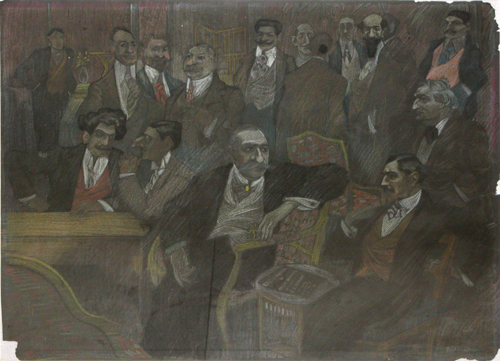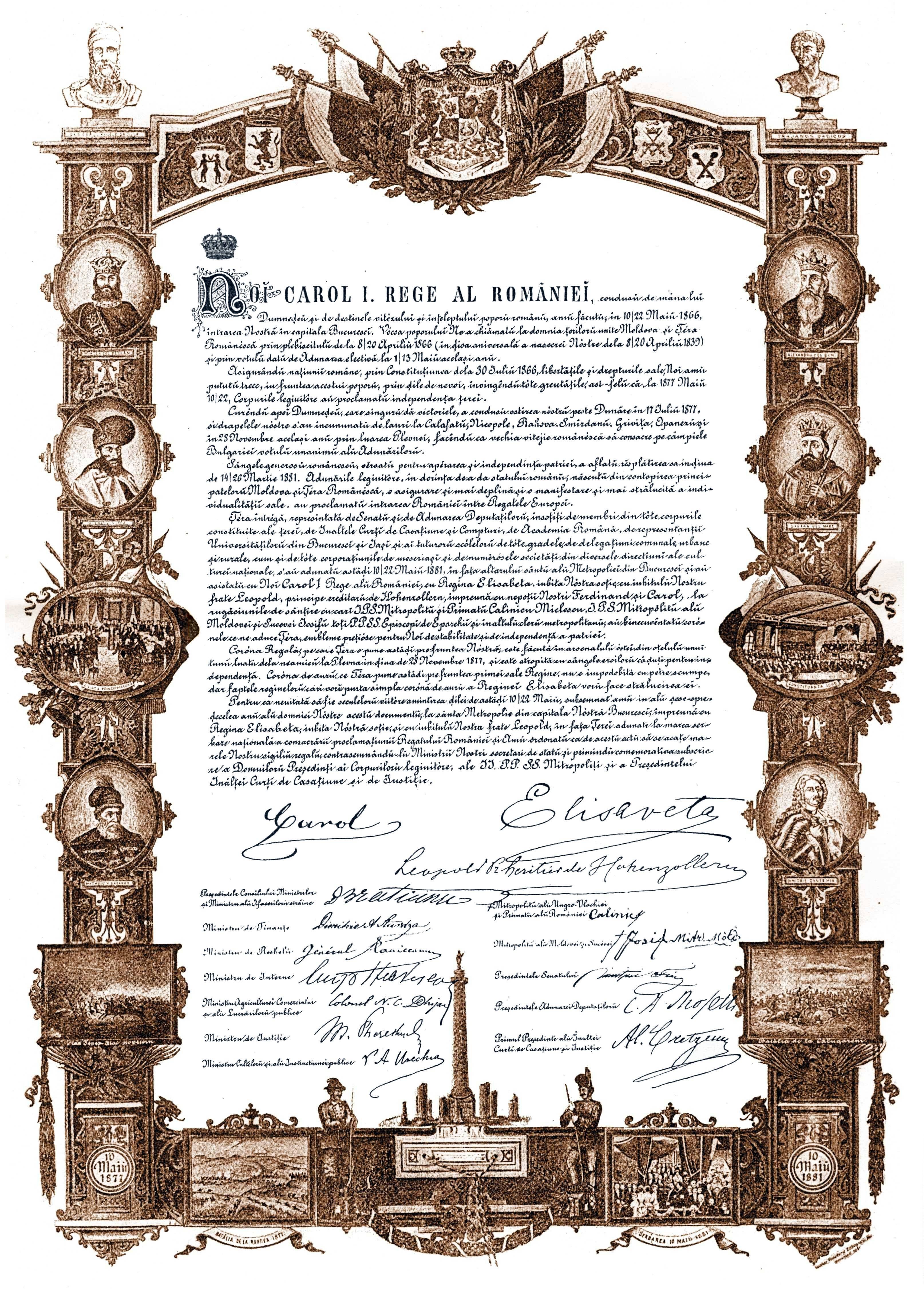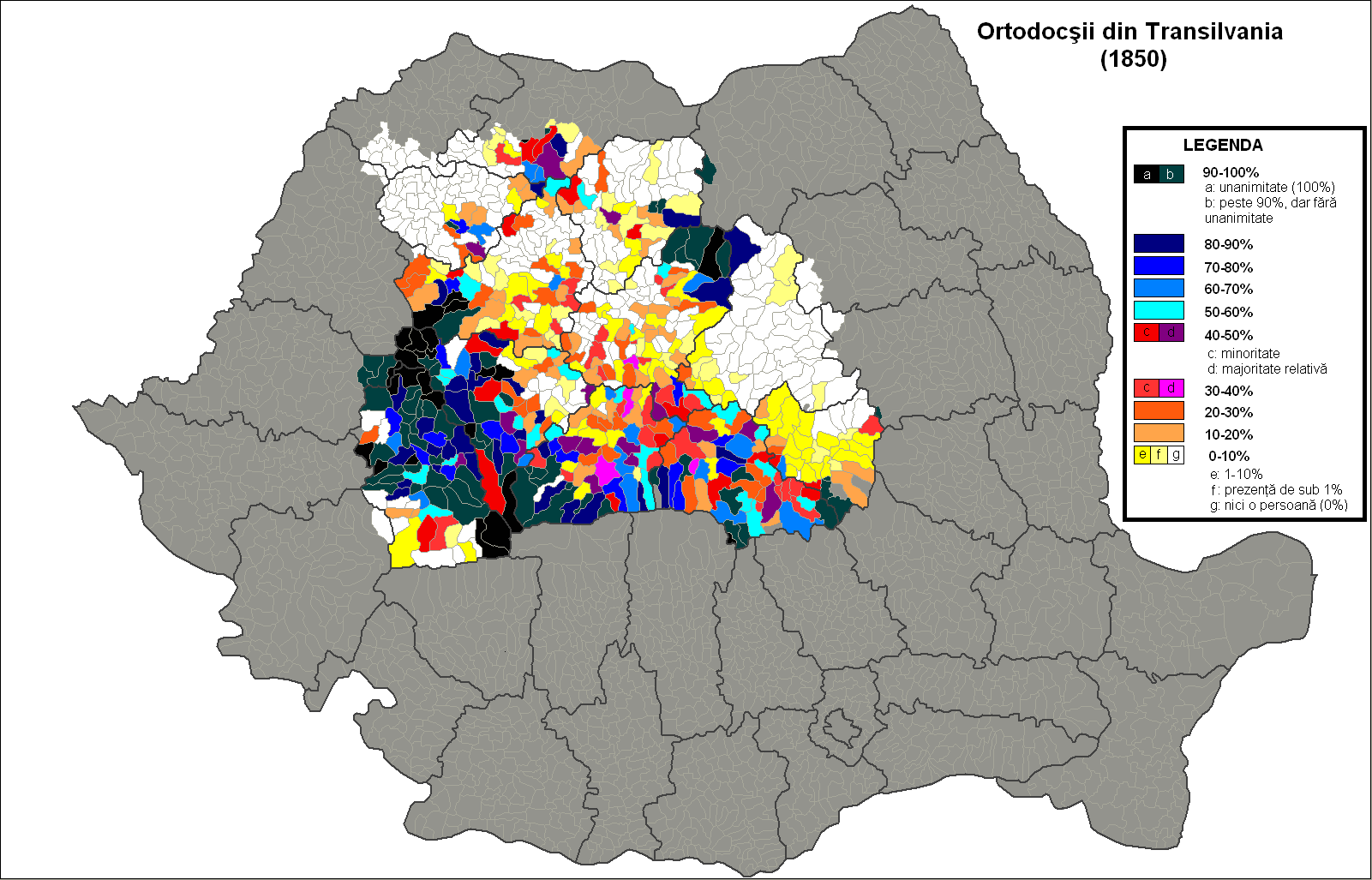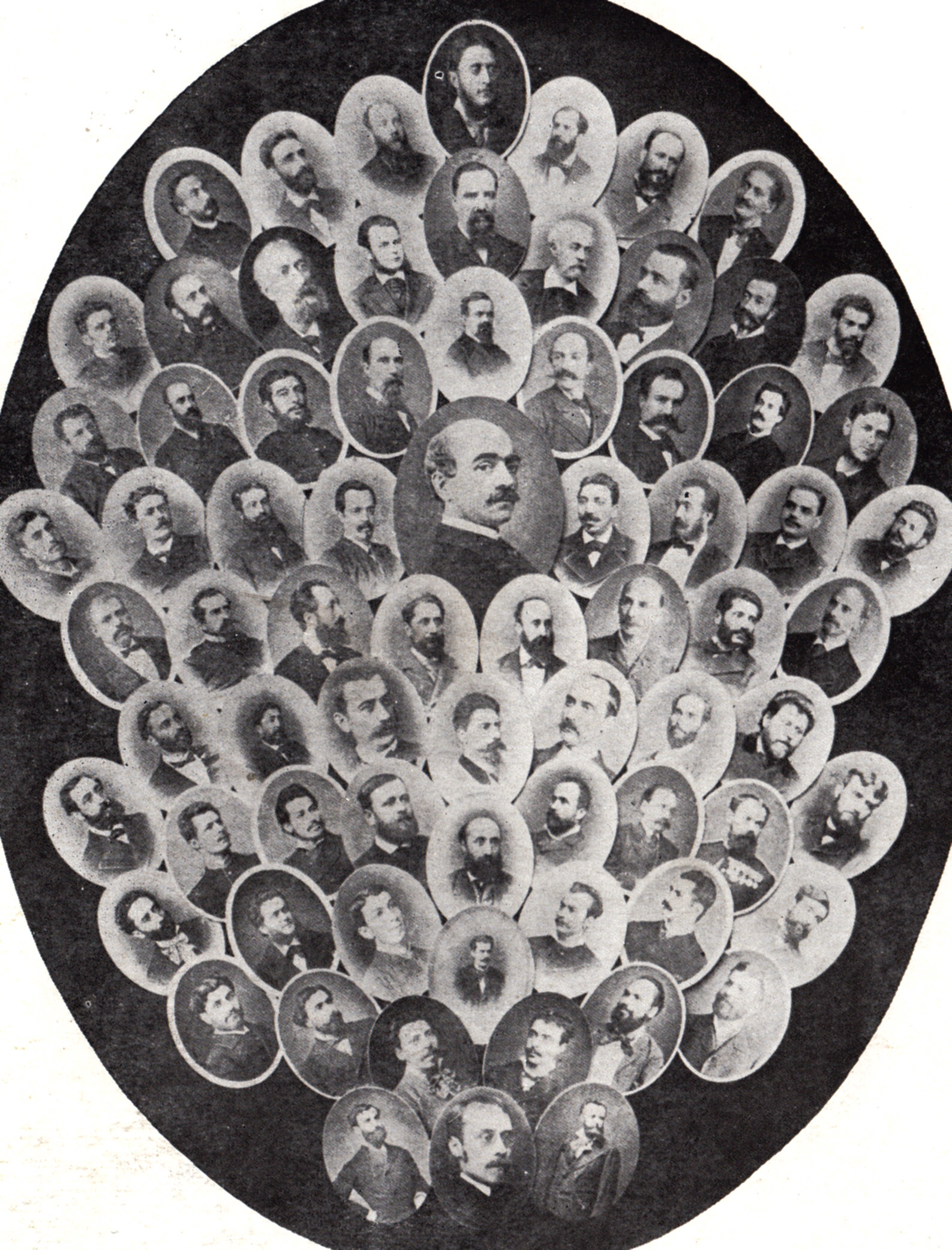|
Constantin C. Arion
Constantin C. Arion (also known as Costică Arion; Constantin Țoiu"Fără șase 1OO (II)", in ''România Literară'', Nr. 37/2003 June 18, 1855 – June 27, 1923) was a Romanian politician, affiliated with the National Liberal Party, the Conservative Party and, after 1918, the People's Party. He served two terms as Minister of Religion and Public Instruction, one term as Minister of Agriculture, and another one as Interior Minister before World War I. His career peaked in 1918, when he was Minister of Foreign Affairs. A young lawyer who supported political reform, Arion moved progressively to the right, and, ca. 1885, became involved with the political club ''Junimea''. As a Conservative policymaker and disciple of Alexandru Marghiloman, he rewrote legislation on education reform and brought the Romanian Orthodox Church under the control of its high clergy. Like Marghiloman, Arion supported the Central Powers during most of World War I, a position which seemed to carry ... [...More Info...] [...Related Items...] OR: [Wikipedia] [Google] [Baidu] [Amazon] |
Minister Of Foreign Affairs (Romania)
The Romanian Ministry of Foreign Affairs () is the ministry responsible for external affairs of the Romanian Government. The current foreign minister is Emil Hurezeanu. List of ministers of foreign affairs (1862–1989) List of ministers of foreign affairs (1989–present) Notes Romania used the Julian calendar until 1919, but all dates are given in the Gregorian calendar. The following party abbreviations are used: Additionally, the political stance of prime ministers prior to the development of a modern party system is given by C (Conservative), MC (Moderate Conservative), RL (Radical Liberal) and ML (Moderate Liberal). Interim officeholders are denoted by ''italics''. For those who held office multiple times, their rank of service is given by a Roman numeral. References External links MAE.roGUV.ro {{DEFAULTSORT:Ministry Of Foreign Affairs (Romania) Foreign affairs Foreign relations of Romania Romania Romania is a country located at the cr ... [...More Info...] [...Related Items...] OR: [Wikipedia] [Google] [Baidu] [Amazon] |
Kingdom Of Romania
The Kingdom of Romania () was a constitutional monarchy that existed from with the crowning of prince Karl of Hohenzollern-Sigmaringen as King of Romania, King Carol I of Romania, Carol I (thus beginning the Romanian royal family), until 1947 with the abdication of King Michael I of Romania, Michael I and the Romanian parliament's proclamation of the Socialist Republic of Romania, Romanian People's Republic. From 1859 to 1877, Romania evolved from a personal union of two Principality, principalities: (Moldavia and Wallachia) called the Unification of Moldavia and Wallachia also known as "The Little Union" under a single prince to an autonomous principality with a House of Hohenzollern, Hohenzollern monarchy. The country gained its independence from the Ottoman Empire during the Russo-Turkish War (1877–1878), 1877–1878 Russo-Turkish War (known locally as the Romanian War of Independence), after which it was forced to cede the southern part of Bessarabia in exchange for Northern ... [...More Info...] [...Related Items...] OR: [Wikipedia] [Google] [Baidu] [Amazon] |
Central Powers
The Central Powers, also known as the Central Empires,; ; , ; were one of the two main coalitions that fought in World War I (1914–1918). It consisted of the German Empire, Austria-Hungary, the Ottoman Empire, and the Kingdom of Bulgaria; this was also known as the Quadruple Alliance., , , The Central Powers' origin was the Dual Alliance (1879), alliance of Germany and Austria-Hungary in 1879. Despite having nominally joined the Triple Alliance (1882), Triple Alliance before, Kingdom of Italy, Italy did not take part in World War I on the side of the Central Powers and later joined on the side of the Allies of World War I, Allies. The Ottoman Empire and Bulgaria did not join until after World War I had begun. The Central Powers faced, and were defeated by, the Allied Powers, which themselves had formed around the Triple Entente. They dissolved in 1918 after they lost the war. Name The name 'Central Powers' is derived from the location of its member countries. All f ... [...More Info...] [...Related Items...] OR: [Wikipedia] [Google] [Baidu] [Amazon] |
Romanian Orthodox Church
The Romanian Orthodox Church (ROC; , ), or Romanian Patriarchate, is an autocephalous Eastern Orthodox church in full communion with other Eastern Orthodox Christian denomination, Christian churches, and one of the nine patriarchates in the Eastern Orthodox Church organization, Eastern Orthodox Church. Since 1925, the church's Primate (bishop), Primate has borne the title of Patriarch. Its jurisdiction covers the territories of Romania and Moldova, with additional dioceses for Romanians living in nearby Ukraine, Serbia and Hungary, as well as for diaspora communities in Central Europe, Central and Western Europe, North America and Oceania. It is the only autocephalous church within Eastern Orthodoxy to have a Romance languages, Romance language for liturgical use. The majority of Romania's population (16,367,267, or 85.9% of those for whom data were available, according to the 2011 census data), as well as some 720,000 Moldovans, belong to the Romanian Orthodox Church. Members o ... [...More Info...] [...Related Items...] OR: [Wikipedia] [Google] [Baidu] [Amazon] |
Education In Romania
Education in Romania is based on a free-tuition, egalitarian system. Access to free education is guaranteed by Article 32 in the Constitution of Romania. Education is regulated and enforced by the Ministry of Education (Romania), Ministry of National Education. Each step has its own form of organization and is subject to different laws and directives. Since the Romanian Revolution, downfall of the communist regime, the Romanian educational system has gone through several reforms. Kindergarten is optional under the age of five. Compulsory schooling usually starts at age 4, with the second year of kindergarten (''grupa mijlocie''), which is mandatory in order to enter primary school. Schooling is compulsory until the tenth grade (which corresponds with the age of sixteen or seventeen). The school educational cycle ends in the twelfth grade, when students graduate the Romanian Baccalaureate, baccalaureate. Higher education is aligned onto the European Higher Education Area. In add ... [...More Info...] [...Related Items...] OR: [Wikipedia] [Google] [Baidu] [Amazon] |
Junimea
''Junimea'' was a Romanian literary society founded in Iași in 1863, through the initiative of several foreign-educated personalities led by Titu Maiorescu, Petre P. Carp, Vasile Pogor, Theodor Rosetti and Iacob Negruzzi. The foremost personality and mentor of the society was Maiorescu, who, through the means of scientific papers and essays, helped establish the basis of the modern Romanian culture. Junimea was the most influential intellectual and political association from Romania in the 19th century. Beginnings In 1863, four years after the unification of Moldavia and Wallachia (''see: United Principalities''), and after the moving of the capital to Bucharest, five enthusiastic young people who had just returned from their studies abroad created in Iaşi a society which wanted to stimulate the cultural life in the city. They chose the name "''Junimea''", a slightly antiquated Romanian word for "Youth". It is notable that four of the founders were part of the Romanian elite ... [...More Info...] [...Related Items...] OR: [Wikipedia] [Google] [Baidu] [Amazon] |
Right-wing Politics
Right-wing politics is the range of Ideology#Political ideologies, political ideologies that view certain social orders and Social stratification, hierarchies as inevitable, natural, normal, or desirable, typically supporting this position based on natural law, economics, authority, property, religion, or tradition. Hierarchy and Social inequality, inequality may be seen as natural results of traditional social differences or competition in market economies. Right-wing politics are considered the counterpart to left-wing politics, and the left–right political spectrum is the most common political spectrum. The right includes social conservatives and fiscal conservatives, as well as right-libertarianism, right-libertarians. "Right" and "right-wing" have been variously used as compliments and pejoratives describing neoliberal, conservative, and fascist economic and social ideas. Positions The following positions are typically associated with right-wing politics. Anti-com ... [...More Info...] [...Related Items...] OR: [Wikipedia] [Google] [Baidu] [Amazon] |
Ministry Of Foreign Affairs (Romania)
The Romanian Ministry of Foreign Affairs () is the ministry responsible for external affairs of the Romanian Government. The current foreign minister is Emil Hurezeanu. List of ministers of foreign affairs (1862–1989) List of ministers of foreign affairs (1989–present) Notes Romania used the Julian calendar until 1919, but all dates are given in the Gregorian calendar. The following party abbreviations are used: Additionally, the political stance of prime ministers prior to the development of a modern party system is given by C (Conservative), MC (Moderate Conservative), RL (Radical Liberal) and ML (Moderate Liberal). Interim officeholders are denoted by ''italics''. For those who held office multiple times, their rank of service is given by a Roman numeral. References External links MAE.roGUV.ro {{DEFAULTSORT:Ministry Of Foreign Affairs (Romania) Foreign affairs Foreign relations of Romania Romania Romania is a country located at the cr ... [...More Info...] [...Related Items...] OR: [Wikipedia] [Google] [Baidu] [Amazon] |
World War I
World War I or the First World War (28 July 1914 – 11 November 1918), also known as the Great War, was a World war, global conflict between two coalitions: the Allies of World War I, Allies (or Entente) and the Central Powers. Fighting took place mainly in European theatre of World War I, Europe and the Middle Eastern theatre of World War I, Middle East, as well as in parts of African theatre of World War I, Africa and the Asian and Pacific theatre of World War I, Asia-Pacific, and in Europe was characterised by trench warfare; the widespread use of Artillery of World War I, artillery, machine guns, and Chemical weapons in World War I, chemical weapons (gas); and the introductions of Tanks in World War I, tanks and Aviation in World War I, aircraft. World War I was one of the List of wars by death toll, deadliest conflicts in history, resulting in an estimated World War I casualties, 10 million military dead and more than 20 million wounded, plus some 10 million civilian de ... [...More Info...] [...Related Items...] OR: [Wikipedia] [Google] [Baidu] [Amazon] |
People's Party (interwar Romania)
People's Party, Peoples Party or Popular Party may refer to one of the following political parties. Translations into English of the names of the various countries' parties are not always consistent, but ''People's Party'' is the most common. Current * Armenia: ** People's Democratic Party (Armenia) ** People's Party (Armenia) ** People's Party of Armenia * Aruban People's Party (founded 1942, , , ''AVP'') * Austrian People's Party (founded 1945, (, ''ÖVP'') * Cambodian People's Party (founded 1951, , ', ''CPP'') * People's Party for Reconstruction and Democracy in the Democratic Republic of the Congo (founded 2002, , PPRD) * People's Party of Canada (founded 2018) * Croatia: ** Croatian People's Party (other) (), several parties ** Croatian Popular Party (other) (), several parties * National People's Party (Curaçao) (founded 1947, , ''PNP'') * Czechoslovak People's Party (founded 1919, , ČSL) * Botswana People's Party * Denmark: ** Danish People's ... [...More Info...] [...Related Items...] OR: [Wikipedia] [Google] [Baidu] [Amazon] |
Conservative Party (Romania, 1880–1918)
The Conservative Party () was between 1880 and 1918 one of Romania's two most important parties, the other one being the Liberal Party.Scurtu 1982, p.41''n''; for the founding of the party, this source gives February 1880, does not specify day of month. The party was the party of government for a total of 14 years, more than a third of its existence. It was founded on 3 February 1880 in Bucharest, although the doctrines and various groups of conservatives had already existed for some time. Precursors to the party had included the political grouping "Juna Dreaptă" (November 1868) and the newspaper '' Timpul'' (founded March 1876). The party relied on the support of the great landowners, the bourgeoisie, and some intellectuals. Their economic policy encouraged light industry and crafts but did not oppose investments in heavy industry. The 1907 Romanian Peasants' Revolt showed that some reforms needed to be made in the Romanian social and political scene. As a result, in 1913, t ... [...More Info...] [...Related Items...] OR: [Wikipedia] [Google] [Baidu] [Amazon] |
National Liberal Party (Romania, 1875)
The National Liberal Party (, PNL) was the first organised political party in Romania, a major force in the country's politics from its foundation in 1875 to World War II. Established in order to represent the interests of the nascent local bourgeoisie, until World War I it contested power with the Conservative Party (Romania, 1880–1918), Conservative Party, supported primarily by Boyars of Wallachia and Moldavia#Modern Romania, wealthy landowners, effectively creating a two-party system in a political system which severely limited the representation of the peasant majority through census suffrage. Unlike its major opponent, the PNL managed to preserve its prominence after the implementation of universal suffrage, universal male suffrage, playing an important role in shaping the institutional framework of ''Greater Romania'' during the 1920s. History Dominated throughout its existence by the Brătianu family, the party was periodically affected by strong factionalism. Am ... [...More Info...] [...Related Items...] OR: [Wikipedia] [Google] [Baidu] [Amazon] |







